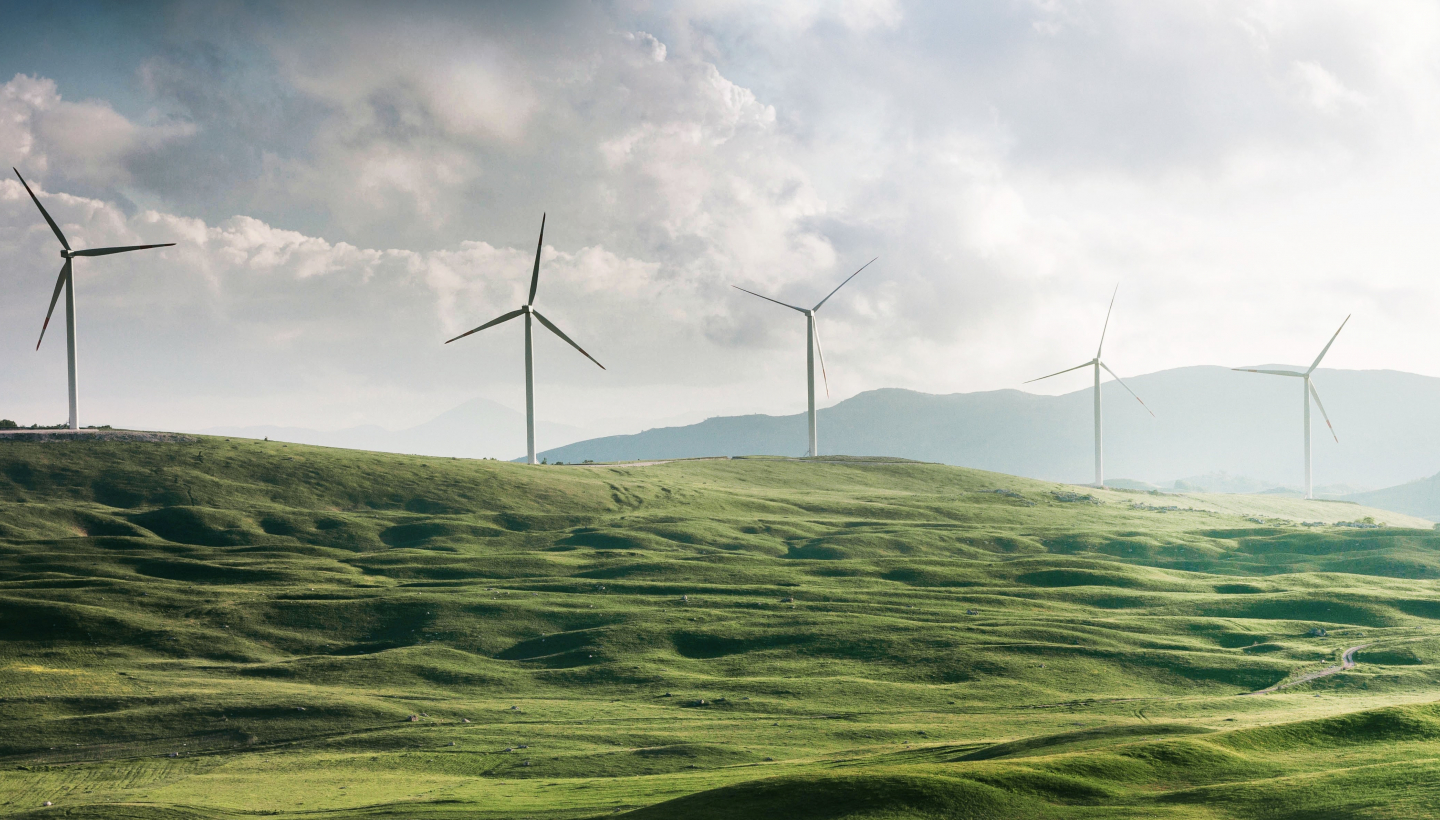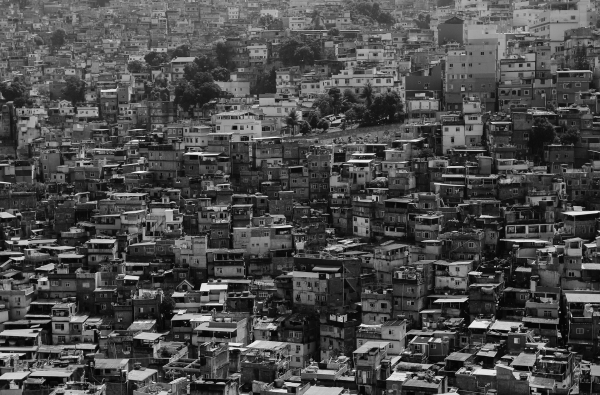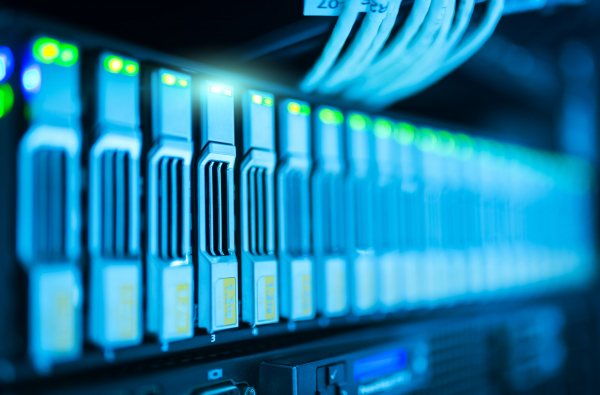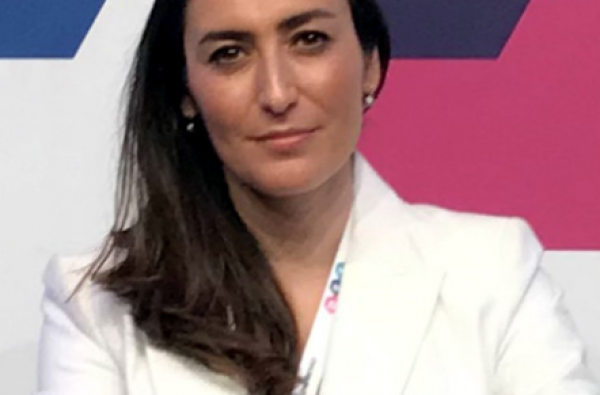Waiting for the most sustainable solutions for mobility to become more economical, the CEO of Madrileña Red de Gas, Alejandro Lafarga, defends natural gas, especially for public transport.
Twenty-two percent of the world's electricity is consumed in the form of natural gas, a non-renewable fossil fuel, but less aggressive than oil. When combined with technologies that release it from its CO2 emissions, it becomes an alternative that could balance the intermittency of renewables (an idea chosen from our 10 Emerging Technologies 2018). But for the CEO of Madrileña Red de Gas, Alejandro Lafarga (Madrid, 1966), some advantages of natural gas need not wait for these tools to arrive. He defends that its use, for example, in transport, can achieve "a 90% reduction" in the emission of polluting gases when compared to diesel.
This Naturgy spin-off, born in 2010, is the first in the Iberian Peninsula with a distribution network completely independent from the rest of the natural gas business. In order to run such a company at the height of digitalisation, Lafarga reminds us of the importance of technological curiosity, of keeping our feet on the ground and of not forgetting that the customer always comes first.
What is the importance of technology in Madrileña Red de Gas?
We are the most efficient utility in Europe and in part, we have achieved this thanks to technology. I was the first employee of the company and had never worked in gas, but I had two fundamental experiences: technology and people. What we did was to implement an SAP [in German, Systeme, Anwendungen und Produkte; in Spanish, Sistemas, Aplicaciones y Productos] from scratch in six months. Record time, nobody does it so fast with a million customers. We also implemented Gmail as a corporate mail tool very early in 2010.
"He who reinvents, spends a lot of money. It's more efficient to use things that are already available in other, more cutting-edge sectors.”
Which tools will have the most impact on your sector in the future?
I think to manage optimally you have to have a good backbone where to place the asset base. We manage 7,000 kilometers of networks with more than 850,000 supply points and sensors that need maintenance. The structure is worth 2.5 billion euros and invoices have to be issued to one million customers.
We also want to improve the processes, because at the end of them there are people: a child who showers with hot water or a lady who cannot cook. How can we make life easier for them? For example, by optimising the appointment system for the revision of boilers. Almost nobody is home at 11 am, but we can't call 11 pm either. How do we fix it? With a system like the booking model of a restaurant! Why invent the wheel if it already exists? Why do you want a chatbot if there are tools like Booking.com? He who reinvents, spends a lot of money. It is more efficient to use things that are already available in other more advanced sectors.
What is necessary for these innovations to reach the sector?
I'd love to contact customers through WhatsApp, but we don't have all the customers' mobile phone details. In gas and electricity companies there is a chain between the distributor, who owns the infrastructure, the marketer, with whom the user signs the contract, and the customer. We are a distributor, we talk to the marketer and he tells us who we have to register, cut off the supply and ask for readings. But we don't talk to the client, for us, it's just an address and a CUPS [the DNI of the gas installation of a house]. That's why it's difficult to modernize processes. We are a regulated service and we can not do more things, that is the law.
Do you think the law should change?
Yes, we understand that it makes sense for electricity to be regulated because it is a monopoly, but the customer can choose which heating system he wants in his house. There is free competition in heating, we have several competing energies (coal, biomass, diesel, natural gas, and renewables), are regulated prices necessary?
Transport is the sector that consumes the most energy in cities. What do you think is the answer to the pollution caused by vehicles in cities?
Today, transport systems are still quite similar to those of the 1990s, diesel is widely used and produces polluting gases. A 90 % reduction is achieved with natural gas and a 100 % reduction with electric motor. But I do not believe that innovation is in the electric vehicle. The current model of the Toyota Prius hybrid is almost identical to the first model that came out in 1996 and is still expensive. Let's talk about prices: an electric Golf, 40,000 euros (without subsidies); a diesel Golf, 20,000 euros, and a natural gas Golf, also 20,000 euros. It is always said: "Subsidies are needed! You have to create an electrical infrastructure because this is 100% renewable! For what? Yes, we can reduce 90% without subsidies. Economic sustainability must also be taken into account.
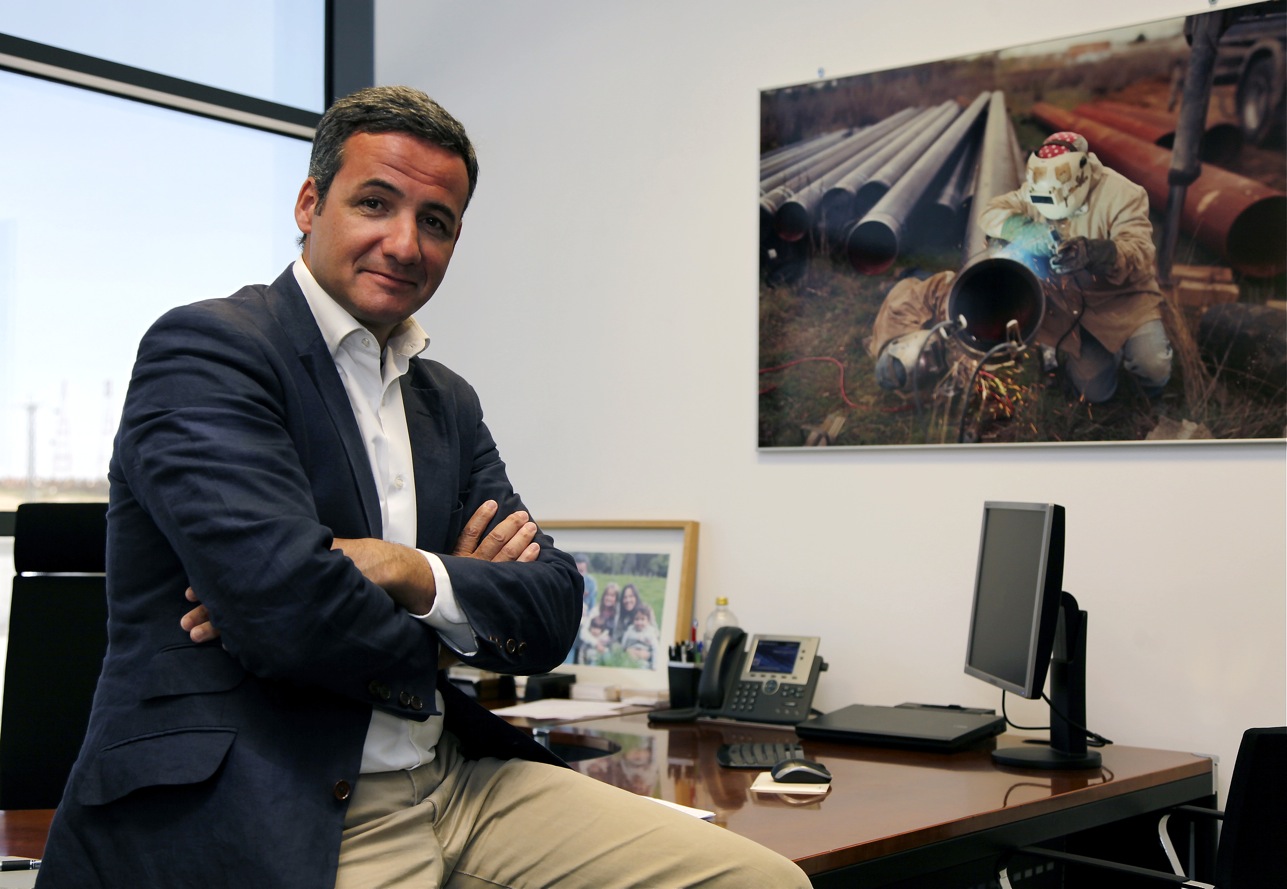
So, do you think that natural gas is the best alternative to mobility problems?
The best energy is the one that is not consumed, and our problem is that we use too much. Whenever possible, the best alternative is to go on foot or by bicycle. For small routes, the electric car used by car-sharing may be fine. For public transport, today the most efficient is natural gas. Almost all municipalities are dictating that garbage trucks and buses work like this. What are we doing in the rest of things? Why are diesel taxis still licensed?
But natural gas is not an unlimited source, it is not a renewable energy, how do you solve that?
Reserves are increasing every year at a sustainable rate for exploitation, just like oil. The way we work, fossils won't run out. And if they run out, we will have found another solution.
Digitization is making there a need in the market for new professional profiles. How are you approaching it?
I think this is not a new problem. When I started at IBM in the 1990s we already had it. Let's remember the first Internet bubble of 2000. Every time there's technological expansion there's a lack of profiles, and every time there's depression they go to other sectors. The market is self-regulating and we are in a global world, profiles can come from all over the world. We try to bring new skills so that more experienced employees acquire new knowledge.
"Don't forget that technology is an instrument, the end is the person.”
What is the role of the CEO of the future?
I don't think that much has changed, what has changed is the world. Curiosity is a differential factor. The CEO must have used Facebook, have an Instagram account, read on Twitter, use Gmail, use the mobile instead of the laptop, make a booking in Booking, transmit his vision to his team and be close to what his customers want. And what do they want? Make your life easier with the tools you have available for your daily life.
What advice would you give to other managers who are starting or immersed in the digital transformation?
First, don't call it a digital transformation. When a word is overused, it loses a lot of value. Let them get down to reality, and the reality is that what you have to do is focus on the customer. Due to available technologies, people have become much more demanding with service, especially in their time rather than money. Technology is a commodity for everyone, what is not going to be is the sensitivity to what the customer wants, and every day it will be less, because younger generations interact less from you to you. Do not forget that technology is an instrument, the end is the person.
By Patricia R. Guevara
